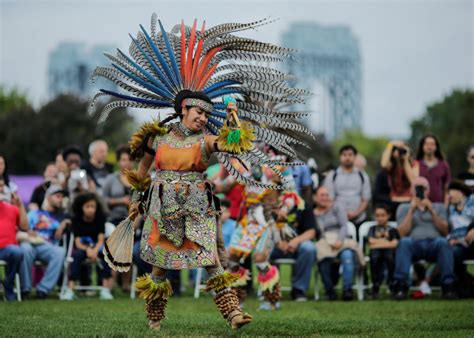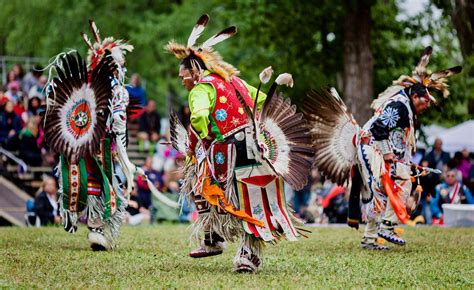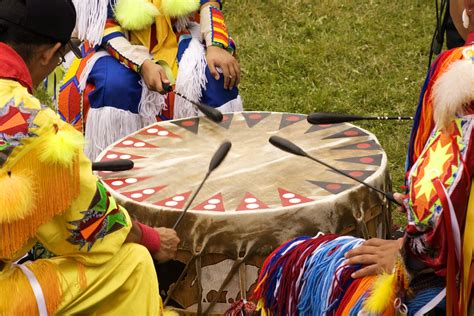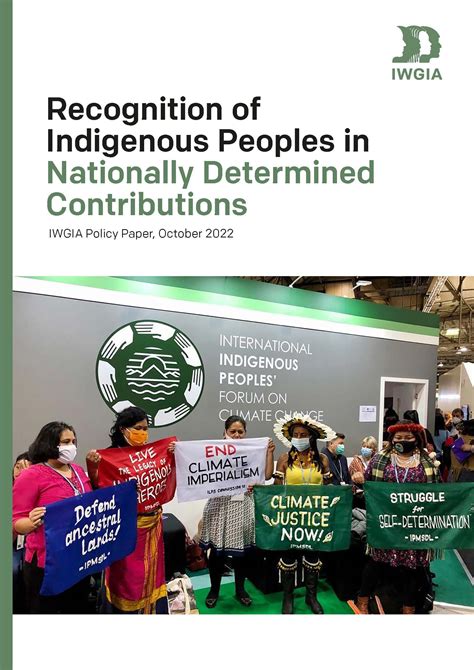In a world teeming with diverse cultures and identities, the quest for respectful and inclusive language remains paramount. The term “indigenous peoples” has been a subject of debate, with some questioning its accuracy and appropriateness. Embark on a journey to explore the complexities surrounding this term, delving into its historical context, contemporary usage, and the ongoing struggle for recognition and rights.
The term “indigenous peoples” has often been associated with stereotypes, prejudices, and misconceptions. Historically, indigenous communities have faced marginalization, discrimination, and the erasure of their cultures and traditions. This has led to a sense of invisibility and a lack of recognition of their unique identities, rights, and contributions to society.
The term “indigenous peoples” aims to address this historical injustice by acknowledging the distinct cultural, linguistic, and political identities of these communities. It recognizes their historical connection to their traditional lands and territories, as well as their right to self-determination and autonomy. This term is a step towards promoting understanding, respect, and dialogue between indigenous peoples and other segments of society.
This exploration of the term “indigenous peoples” highlights the need for accurate and respectful language in describing and addressing these communities. It emphasizes the importance of recognizing their unique identities, histories, and rights, while also acknowledging the ongoing challenges they face. By engaging in respectful dialogue and fostering understanding, we can contribute to a more inclusive and just society that values the contributions of all individuals and communities.
Indigenous Peoples: A Deeper Understanding

A Journey Into Their Rich Cultural Mosaic
In a world where diversity flourishes, the tapestry of human existence is intricately woven with unique threads of indigenous cultures. They represent a treasure trove of knowledge, traditions, and ways of life that have stood the test of time, showcasing the remarkable resilience and adaptability of humanity. Yet, their existence has often been marred by misconceptions and misinterpretations, leading to marginalization and injustice.

The Essence of Indigenous Identity
To grasp the essence of indigenous peoples, we must delve into their profound connection to land and ancestry. Their cultural practices, languages, and spiritual beliefs are deeply rooted in the environments they inhabit, forming an inseparable bond that shapes their worldview. This interconnectedness extends to the natural world, where they see themselves as integral parts of a delicate ecosystem, honoring the interdependence of all living beings.

A Symphony of Voices: Indigenous Languages
The linguistic diversity of indigenous peoples is a testament to the richness of human expression. Their languages carry stories, songs, and traditions that have been passed down through generations, embodying their unique perspectives and experiences. Preserving these languages is crucial for maintaining cultural identity and fostering intergenerational understanding.

Artistic Expressions: The Canvas of Indigenous Creativity
Indigenous art is a vibrant kaleidoscope of colors, patterns, and symbols that convey profound meanings. From intricate weavings to mesmerizing dances, their artistic creations tell stories of creation, history, and spiritual beliefs. These expressions serve as a bridge between the past and the present, connecting generations and fostering a sense of cultural continuity.

Sacred Rituals: Honoring Ancestral Traditions
Ceremonies and rituals play a vital role in indigenous cultures, marking significant life events, honoring ancestors, and connecting with the spiritual realm. These sacred practices often involve music, dance, storytelling, and the sharing of traditional knowledge. They provide a sense of belonging, community, and continuity, strengthening the bond between generations.

Guardians of Knowledge: Indigenous Wisdom
Indigenous peoples possess a vast reservoir of knowledge accumulated over countless generations. Their understanding of medicinal plants, sustainable farming practices, and ecological balance is invaluable in addressing contemporary challenges such as climate change and biodiversity loss. Recognizing and respecting this wisdom can lead to more harmonious and sustainable relationships between humans and the natural world.

The Quest for Justice: Indigenous Rights
The struggle for indigenous rights has been a long and arduous journey. Marginalization, discrimination, and forced assimilation policies have left deep scars on indigenous communities worldwide. The recognition and protection of their rights, including the right to self-determination, land ownership, and cultural autonomy, are essential steps toward reconciliation and healing.

Contemporary Challenges: Navigating a Changing World
Indigenous peoples face a myriad of challenges in the modern world. Climate change, resource extraction, and globalization have disrupted their traditional ways of life and livelihoods. Ensuring their voices are heard and their rights are respected is crucial for building inclusive and sustainable societies.

Celebrating Contributions: Indigenous Impact
Indigenous peoples have made significant contributions to global culture, science, and technology. From agricultural practices to medical knowledge, their innovations have enriched humanity’s collective heritage. Recognizing and celebrating these contributions fosters a deeper appreciation for the diversity of human knowledge and experience.

Looking Ahead: Indigenous Futures
The future of indigenous peoples is intertwined with the fate of the planet. Their traditional knowledge and perspectives can guide us toward more sustainable and harmonious ways of living. By working together, we can create a future where indigenous cultures thrive, their rights are respected, and their contributions are celebrated.
Conclusion: Embracing Diversity and Inclusivity
Indigenous peoples are an integral part of the global human family, carrying unique traditions, languages, and knowledge systems that enrich our collective heritage. Recognizing their rights, celebrating their contributions, and learning from their wisdom is not only a moral imperative but also a pathway toward a more just and sustainable future for all.
FAQs:
-
What are some of the most pressing challenges facing indigenous peoples today?
Climate change, resource extraction, and globalization are among the most significant challenges confronting indigenous communities worldwide. -
How can we support indigenous rights and empower indigenous communities?
Advocating for the recognition and protection of indigenous rights, supporting indigenous-led initiatives, and promoting cross-cultural understanding are effective ways to empower indigenous communities. -
What are some ways to incorporate indigenous knowledge into modern society?
Integrating indigenous knowledge into education, environmental management, and healthcare practices can help bridge the gap between traditional wisdom and contemporary challenges. -
How can we celebrate the diversity of indigenous cultures?
Attending indigenous cultural events, supporting indigenous artists and artisans, and learning about indigenous history and traditions are meaningful ways to celebrate their diversity. -
What is the role of indigenous peoples in shaping a more sustainable future?
Indigenous knowledge and perspectives can guide us toward more sustainable practices in agriculture, resource management, and environmental conservation.